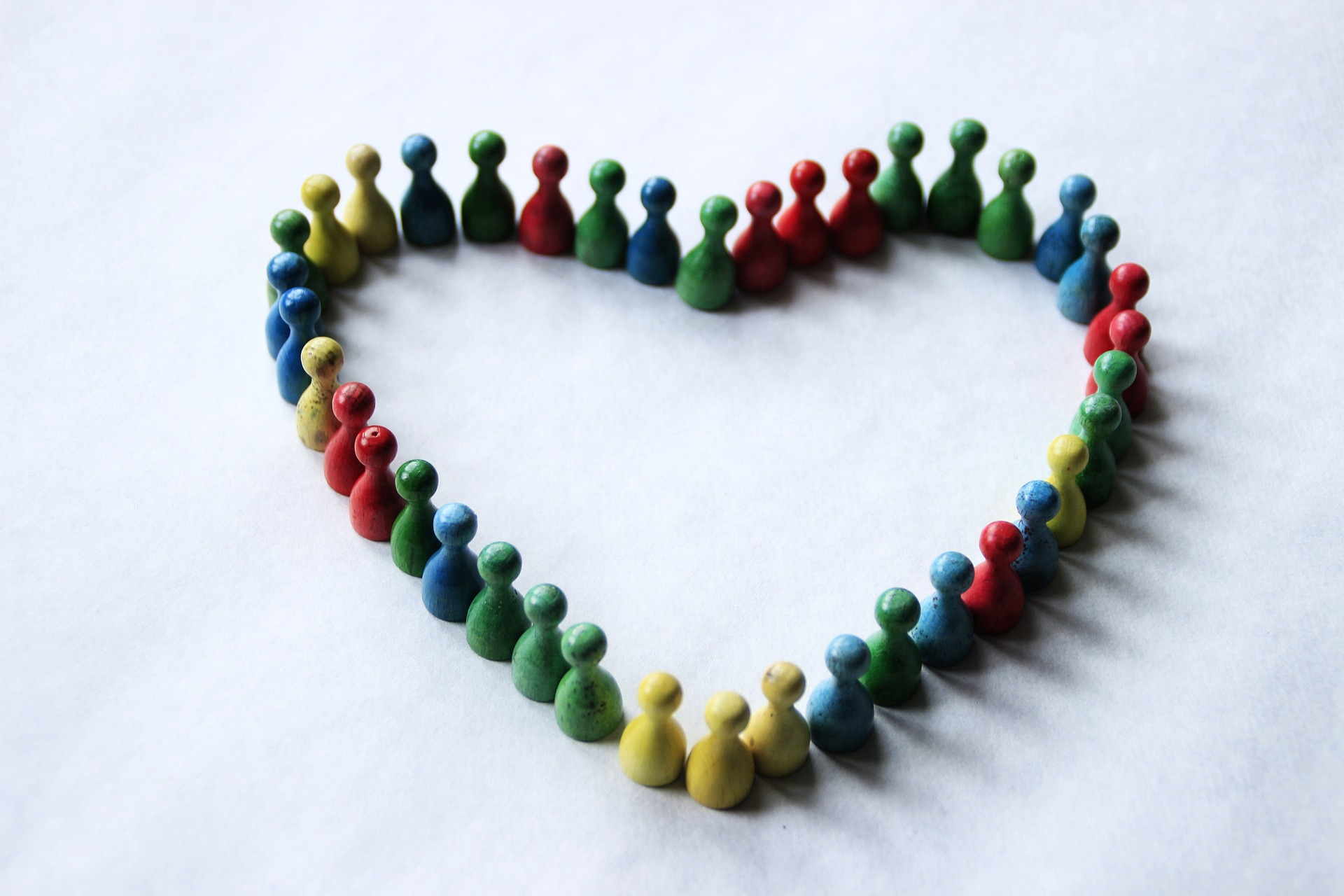Understanding the Rise of Slow Living in Today's Fast-Paced Society
In an era where speed is glorified, and instant gratification is sought after, a countercultural movement is gaining momentum – slow living. This concept advocates for a reduced pace of life, embracing simplicity, mindfulness, and the appreciation of life's every moment.

The Genesis of Slow Living
The concept of slow living has its roots in the ‘Slow Food’ movement that began in Italy in the 1980s as a response to fast food’s prevalence. The movement promoted local food, traditional cooking methods, and taking time to enjoy meals. Over time, this philosophy expanded beyond the kitchen, encouraging a slower, more conscious approach to various aspects of life, including work, travel, and leisure.
The Role of Technology in the Slow Living Movement
With the rapid advancement of technology, our lives have become more fast-paced and time-pressured. In response, slow living advocates for a mindful use of technology, encouraging digital detoxes and limiting screen time to maintain balance and reclaim personal time. The movement also highlights the importance of disconnecting from the virtual world to connect with nature, advocating for sustainable practices and environmental consciousness.
The Social Implications of Slow Living
Slow living is also a reaction to the modern culture of overwork and the glorification of busyness. It challenges the notion that our value is tied to our productivity, promoting instead the idea of living more intentionally, focusing on quality over quantity, and prioritizing wellbeing over wealth.
The Impact of Slow Living on Modern Society
The slow living movement has significant implications for modern society. It encourages us to question our consumption habits, rethink our priorities, and redefine success. By advocating for a more balanced, sustainable, and mindful lifestyle, it offers an alternative to the stress, burnout, and environmental harm associated with our current fast-paced culture.
The Future of Slow Living
As awareness grows around the physical and mental health risks associated with a fast-paced lifestyle, the slow living movement is likely to continue gaining traction. It offers a pathway towards a more sustainable, balanced, and fulfilling way of life, serving as a powerful antidote to the stresses of modern living.
In conclusion, slow living represents a significant cultural shift, challenging our society’s dominant narratives around success, productivity, and consumption. It encourages us to slow down, live more mindfully, and appreciate life’s simple pleasures. As we navigate our increasingly fast-paced world, the principles of slow living offer a refreshing perspective, inviting us to find balance and contentment in the here and now.




